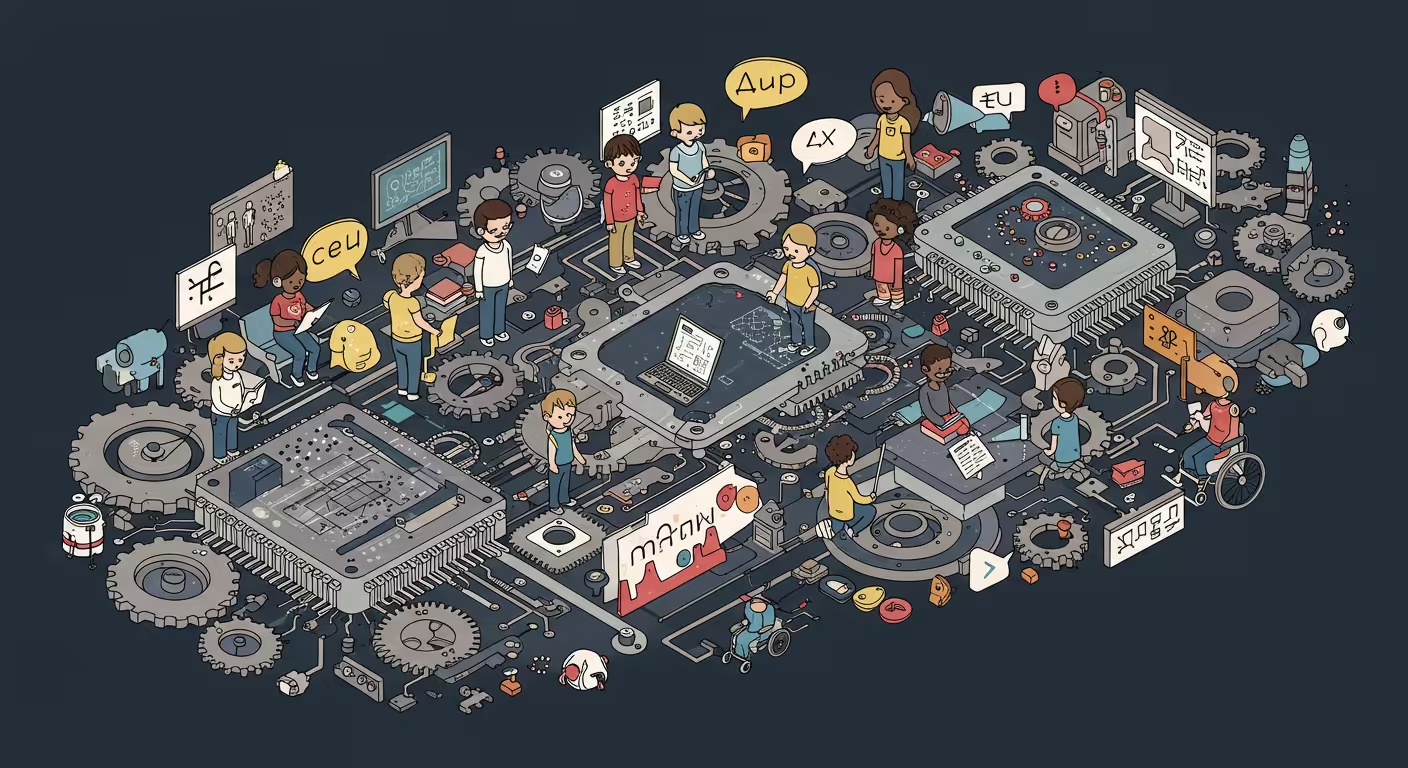- Sections
- Ruby
- Web Development
- Artificial Intelligence
- Urban Planning
- Astronomy
- Issue Navigation
- Next Issue
Tuesday, April 22, 2025
The Digital Press
All the Bits Fit to Print
Tuesday, April 22, 2025
All the Bits Fit to Print
AI tools enhance inclusion for special needs and multilingual students

The big picture: Early childhood classrooms today include children who speak many different languages and have a variety of learning abilities. Artificial intelligence (AI) is emerging as a helpful tool to support these diverse learners by breaking down language barriers and offering personalized assistance for children with special needs.
Why it matters: AI-powered tools can translate languages in real time, helping teachers and students communicate better in multilingual settings. They can also adapt lessons to meet the unique needs of students with disabilities, making learning more inclusive and effective.
The stakes: While AI shows promising results like increased student engagement and better performance, it also raises concerns about fair access to technology and the importance of using AI ethically.
The other side: Introducing AI changes the role of teachers and their workload, requiring thoughtful planning and support to ensure these tools enhance rather than complicate education.
Practical takeaway: To make the most of AI in early education, educators, policymakers, and developers need to work together to create responsible, accessible solutions that benefit all children, regardless of background or ability.